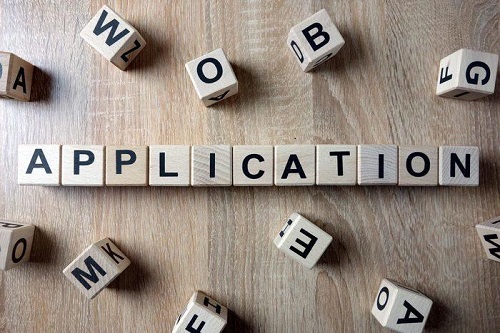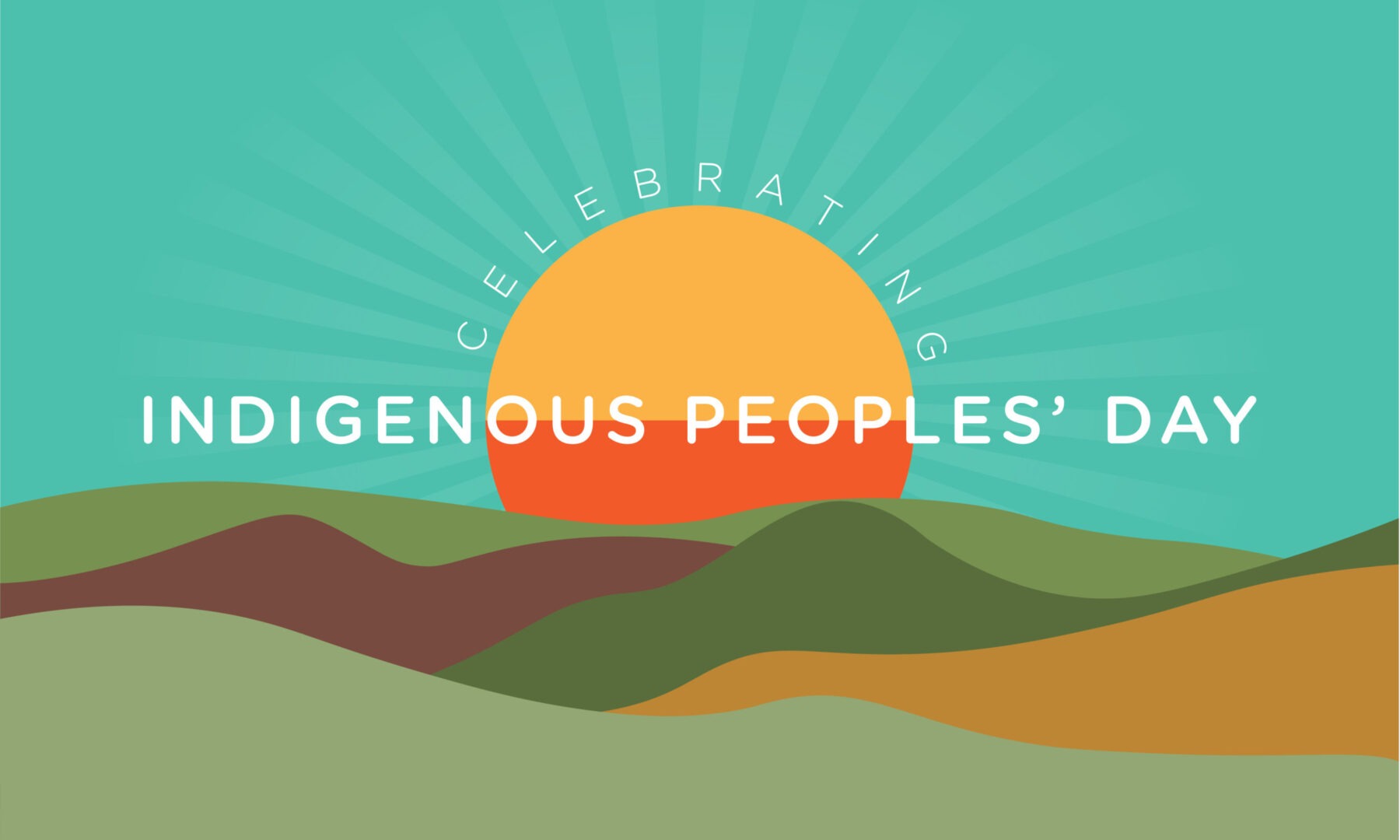By: Janet Stearns, Dean of Students, University of Miami School of Law
Some law school educators may believe that professional identity formation of law students begins in law school. I argue that it begins earlier…. when an applicant first completes his or her law school application.
The Law School Application Process:
Applicants to law school must recognize the significance of candor in responding thoroughly and honestly to all questions on the application.
The Law School Admission Council (LSAC) website addresses this in discussing Ethical Conduct In Applying to Law School. On this website, LSAC explains:
Your submission of an application for admission to law school is your first step in the process of becoming a lawyer. Now is the time, as you take this first, important step, to dedicate yourself to a personal standard for your conduct that consists of the highest levels of honesty and ethical behavior.
Many law schools, including ours, will ask background questions trying to clarify past academic misconduct, criminal history, and any other issues that might impact on character and fitness. The responses to these questions might not keep an applicant out of law school, but some responses might impact on screening for character and fitness and ultimate bar admission. Dishonesty or lack of candor however is a significant issue with significant consequences. Misrepresentation on the application to law school is also a sanctionable offense under our Honor Code.
Amending the Application:
In many jurisdictions, the character and fitness screening process will require students to submit the initial application to law school. In Florida, the Board of Bar Examiners (BBE) speaks to our 1L students in the first month of school about the bar application process. The purpose of this presentation is to encourage early applications and character and fitness screening to the BBE. We quite commonly see a significant number of requests for amendments to law school applications following this presentation, as the BBE explains to students the expectations of candor and the full import of any failure to disclose.
Last year, we published and clarified our policies on Bar Amendments. We wanted to encourage all amendments within 30 days of the BBE presentation. This also helps our admissions office address any significant misrepresentations early in the student’s career.
Students have thirty (30) days from the date of the presentation to amend their law school application. Full candor is expected during this period so that all applications are fully, accurately, and completely updated, and all disclosures are current. All amendments are reviewed both by the Dean of Students and the Dean of Admissions.
The full policy is available on our website.
Inevitably, there are students who surface during their 2L and 3L years with additional amendments, but we have decided to address those with additional documentation and sanctions given the lack of both candor and timeliness in making the disclosures. We are finding many opportunities to teach important lessons of professionalism and candor.
Consequences for Lack of Candor and Failure to Timely Amend:
A student who misrepresents on his or her application to law school may face serious consequences on the path to becoming a lawyer.
For example, In Re Anonymous Applicant for Admission to the S. Carolina Bar, 437 S. C. 1 (2022), Applicant, who uses he/him pronouns, seems to have applied to law school to start in Fall of 2019. He responded “no” untruthfully to the following two questions:
Had you ever been charged, arrested, formally accused, or convicted of a crime other than a minor parking or traffic violation?
Have you ever been subjected to disciplinary action by any of the educational institutions [he previously attended]?
Following admission in 2019, he disclosed that he had been charged as a minor in possession of alcohol. In December of 2020, he then amended his disclosure and more fully explained the charge. In August of 2020, he disclosed a separate altercation with police from a separate incident. In December of that same year, he further amended his application to reveal a traffic ticket. Finally, shortly before being called to a hearing, he made separate disclosure as to a fraternity “prank” that resulted in a fraternity reprimand, which was seemingly never appropriately amended to his law school application.
The South Carolina Supreme Court, in reviewing this entire record together with some troubling LinkedIn social media issues, decided to delay his bar admission one full year. As the court wrote:
In light of the concerning increase in nondisclosures this Court has seen in recent years….today we take the unusual step of publishing our decision in this case while allowing Applicant to remain anonymous. Our goal in doing so is to warn potential law students, law schools, and bar applicants of the serious consequences of nondisclosure and to encourage law school applicants to completely and fully disclose all required information at the time their applications are first submitted.
As this case demonstrates, the consequences of errors and misrepresentations in the law school application, and the failure to timely correct, can significantly impact the future lawyer. I am deeply grateful to Dean Larry Cunningham of the Charleston School of Law for bringing this important case to my attention.
If you have further thoughts and questions, please let’s continue the conversation. You can reach me at jstearns@law.miami.edu. And take this post as an opportunity to connect with your colleagues in admissions so that they can join the conversation on professional identity formation.

Janet Stearns is Dean of Students at the University of Miami School of Law and Chair of the ABA COLAP Law School Committee.



